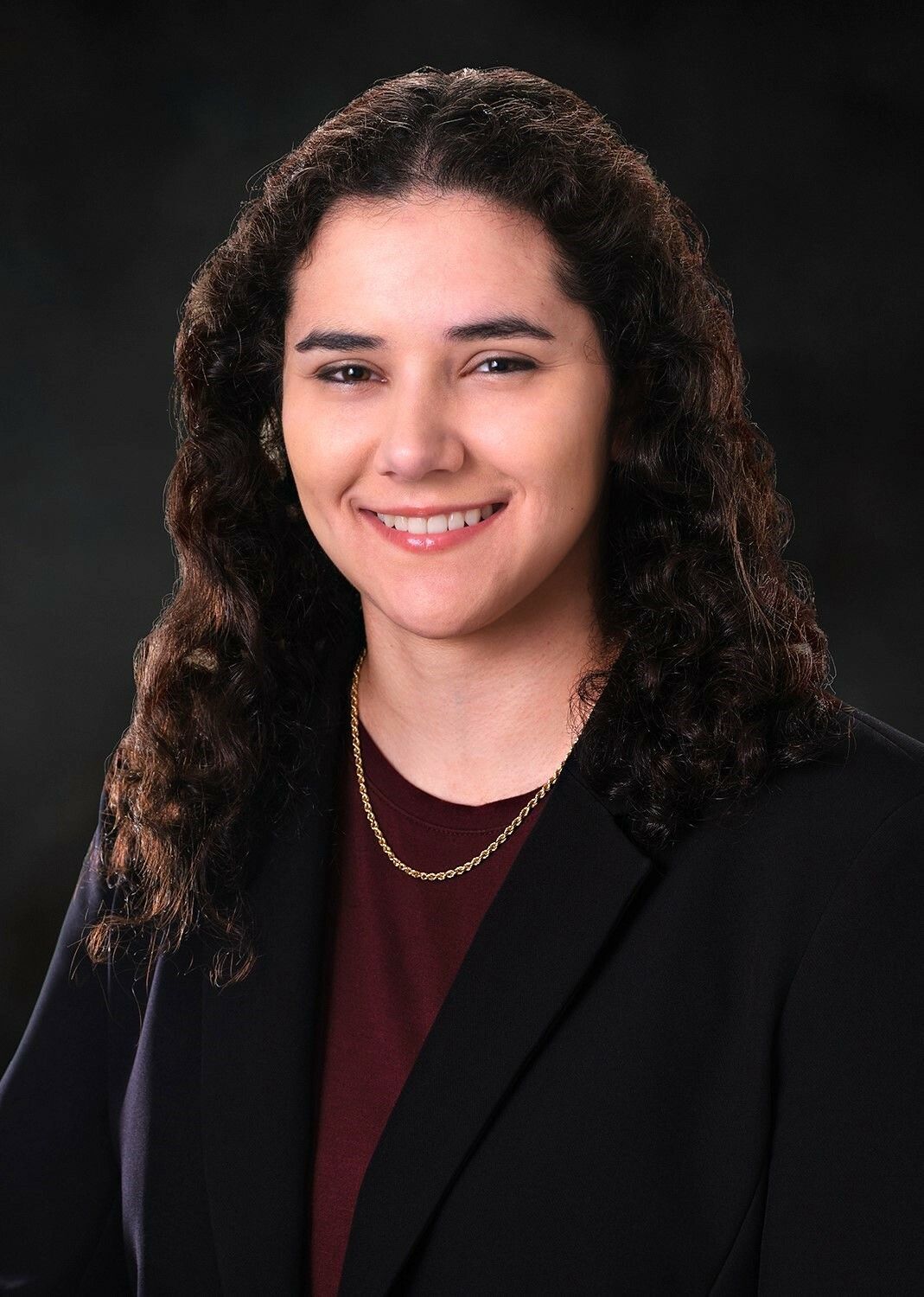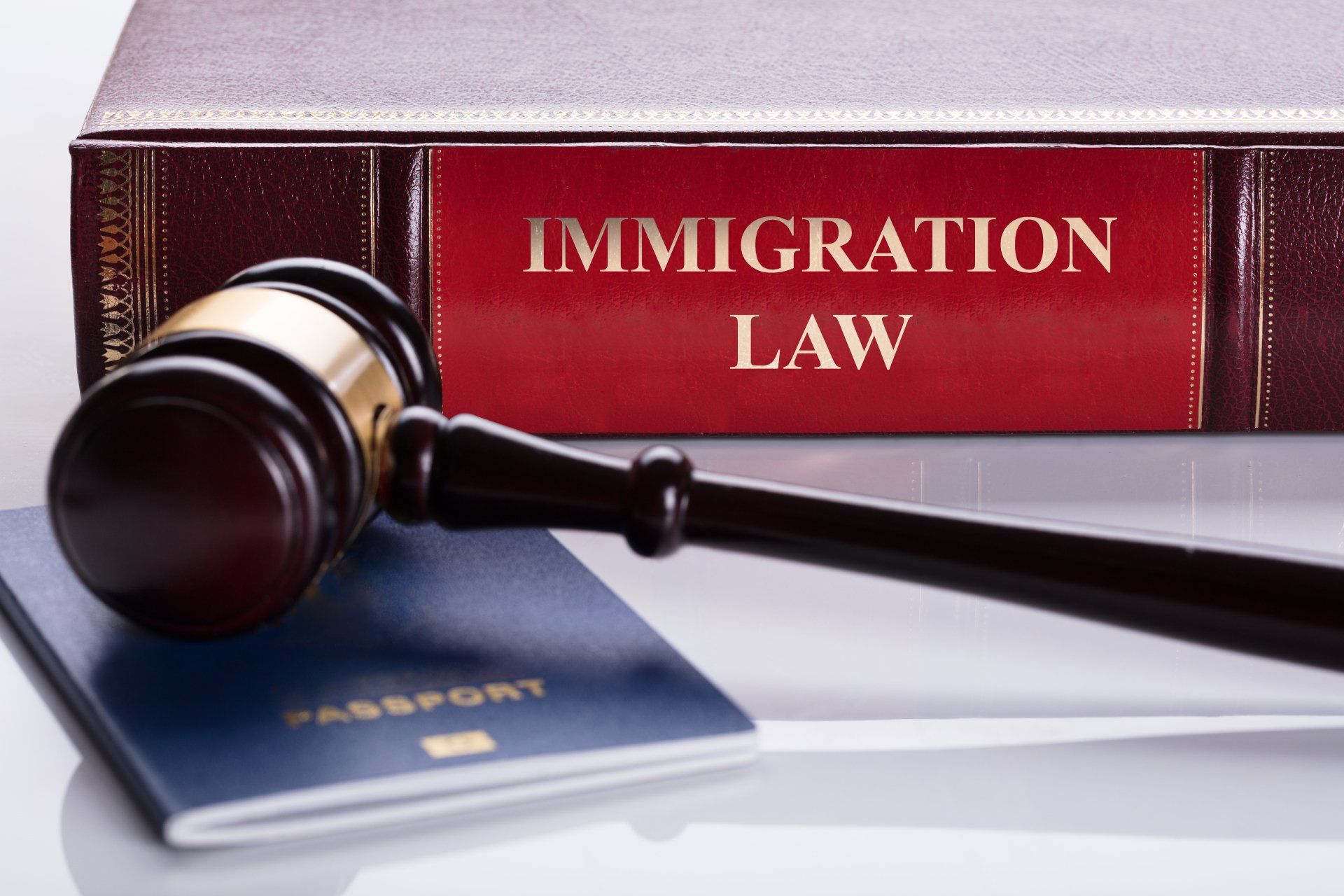Voting is Just One of the Many Benefits of Citizenship
Voting is Just One of the Many Benefits of Citizenship

With the Presidential election only weeks away, it reminds us all of one of the largest benefits of being a U.S. Citizen, voting. Only U.S. citizens can vote in Federal elections and most states also restrict voting to U.S. citizens. Aliens cannot run for many elected offices, meaning that they are restricted from having their views heard and being able to represent immigrants like them.
There are many other benefits to U.S. citizenship that affect everyday life, all of which should be considered by any permanent resident alien. U.S. Citizenship can increase one's quality of life personally through family, reduced stress, and travel and also financially.
Family. Family is the center of personal life. Citizens generally get priority when petitioning for family members because the U.S. government makes keeping families together a priority for U.S. citizens.
Reduced Stress. Naturalization can greatly reduce stress levels. Citizens do not have to worry about being deported. Until someone officially becomes a U.S. citizen, an alien can be deported for breaking certain U.S. laws regardless of how long they have been in the U.S. or their immigration status. With more and more states taking an interest in passing immigration laws that demand proof of status, aliens have to be concerned about becoming a target for police even though they are here legally. Becoming a citizen takes away stress from everyday activities like driving and allows the newly minted citizen to hold their head up high.
Travel. Travel is much easier as a U.S. citizen. U.S. citizens travel with U.S. passports which allow for easier travel in and out of the U.S., and assistance abroad from the U.S. government. Also, children born to U.S. citizens abroad are automatically U.S. citizens as well.
Financial. Becoming a U.S. citizen is very much a financial decision as well. Foreign nationals are potentially subject to more U.S. estate taxes. A non-citizen spouse cannot utilize unlimited marital deductions in the estate tax system. Without proper planning, aliens may be subjected to higher estate taxes that they could have otherwise avoided.
College can be a very expensive endeavor, and U.S. citizens have the luxury of qualifying for aid that can make it more affordable. A lot of Federal aid for college education requires that the recipient be a U.S. citizen.
After college, U.S. citizens still have an upper hand. The Supreme Court has held that certain government jobs can exclude aliens because citizenship is required. In these tough economic times, citizenship should not be the only thing standing between an alien and a job for which they otherwise qualify.
While all of the benefits discussed are important, voting is still the defining moment of being a U.S. citizen. Both presidential candidates are attempting to reach out to immigrant voters because of their voting power, which is only going to increase in the next four years. Now is the time for aliens to consider becoming a naturalized citizen to harness that power. By applying now, they should be eligible to vote by the mid-term elections, depending on their current immigration status.
About the author: Ms. Thomas received her B.A. from Pennsylvania State University in 2009, and her J.D. from the University of Tennessee in 2012 where she was Director of the College of Law's Pro Bono Program. Before coming to GKH, Ms. Thomas worked at several immigration non-profits and created the College of Law's U Visa Alternative Spring Break Program. She is a member of GKH's Immigration Group and focuses on all types of immigration matters including Deferred Action for DREAMers, family based immigration petitions, and employment based petitions. Ms. Thomas is committed to providing personalized, cost-effective immigration services.
This blog is not intended to create an attorney/client relationship or provide legal advice. Please contact the author if you have any questions or comments regarding the subject matter.










